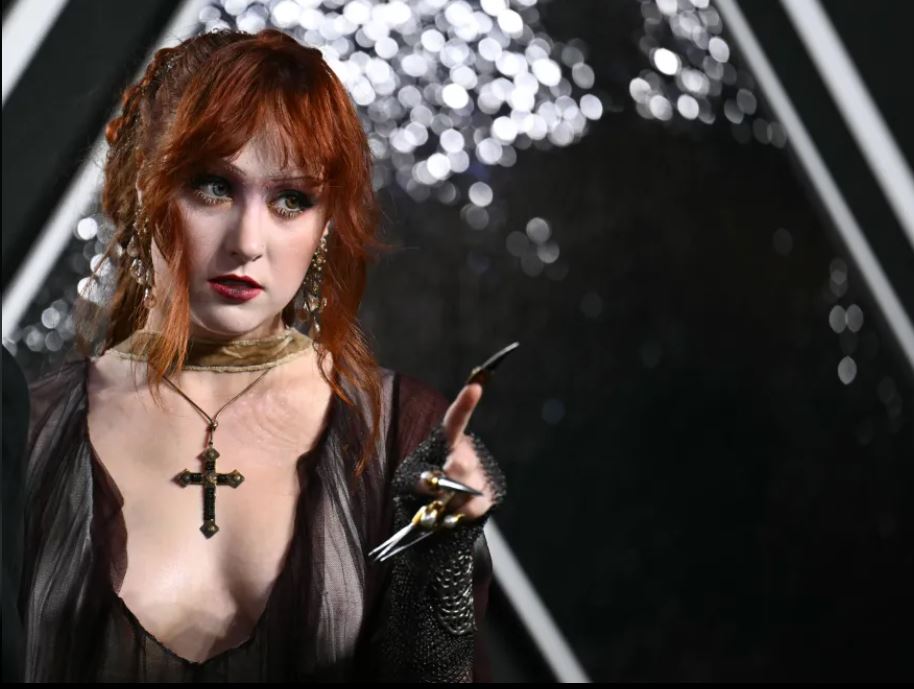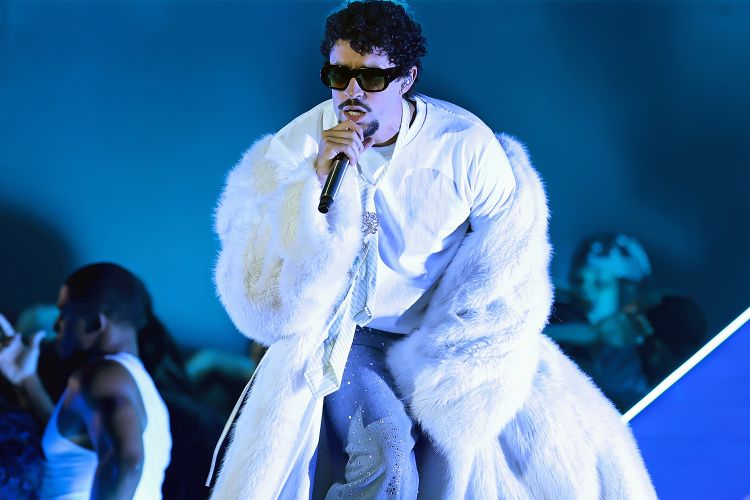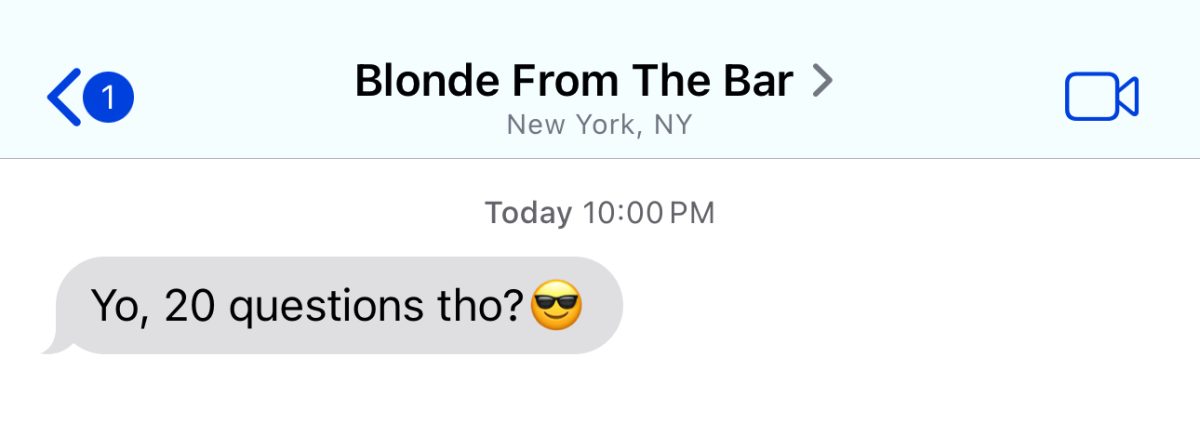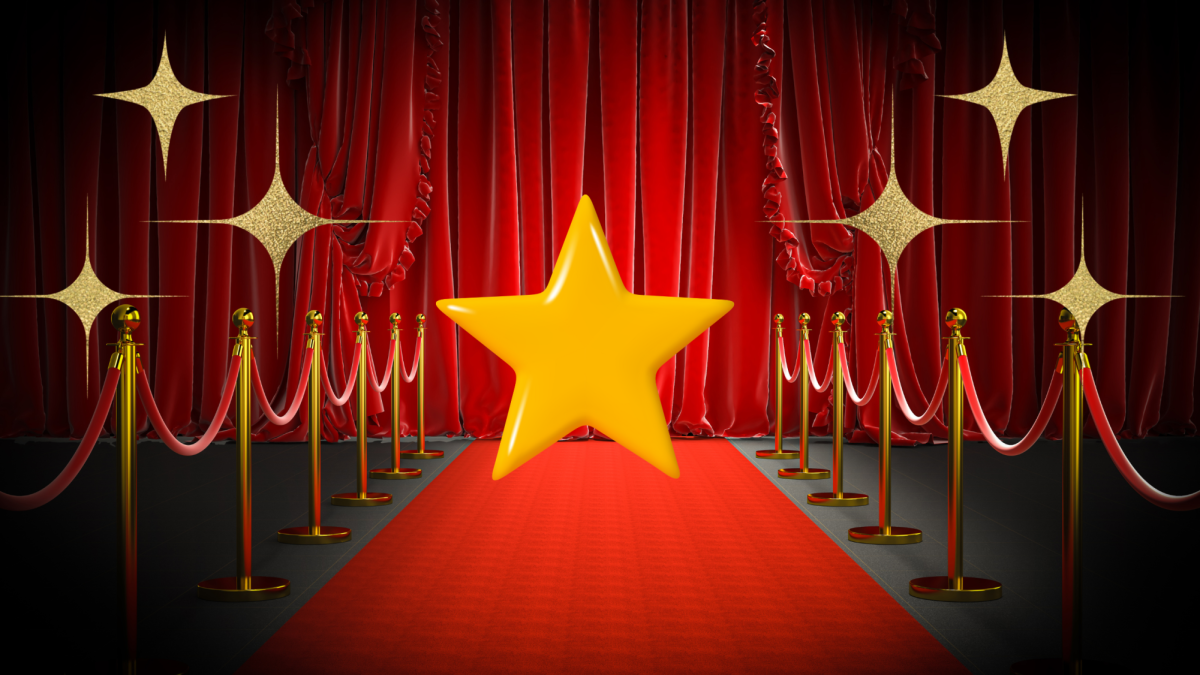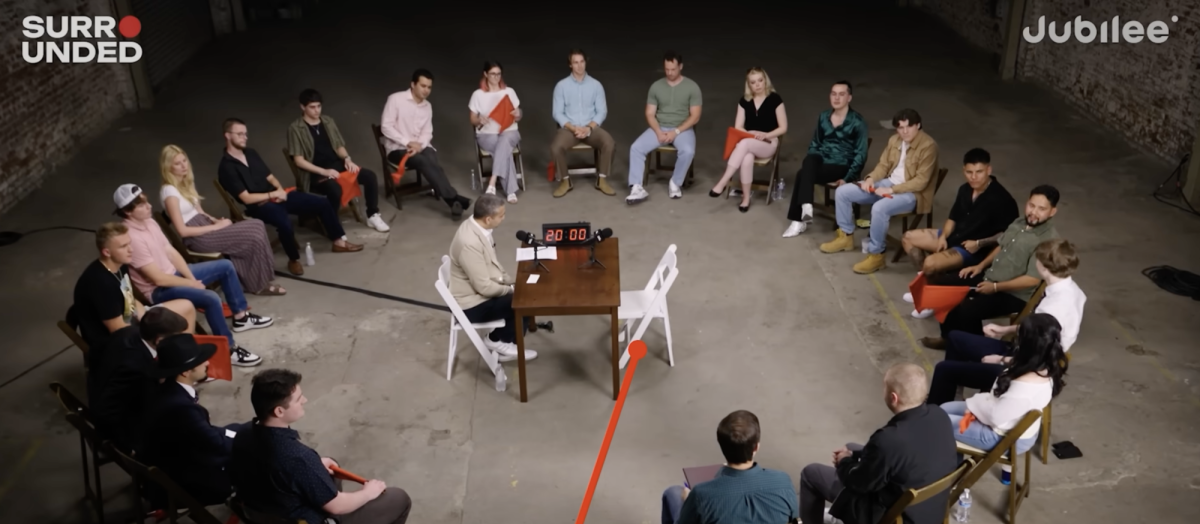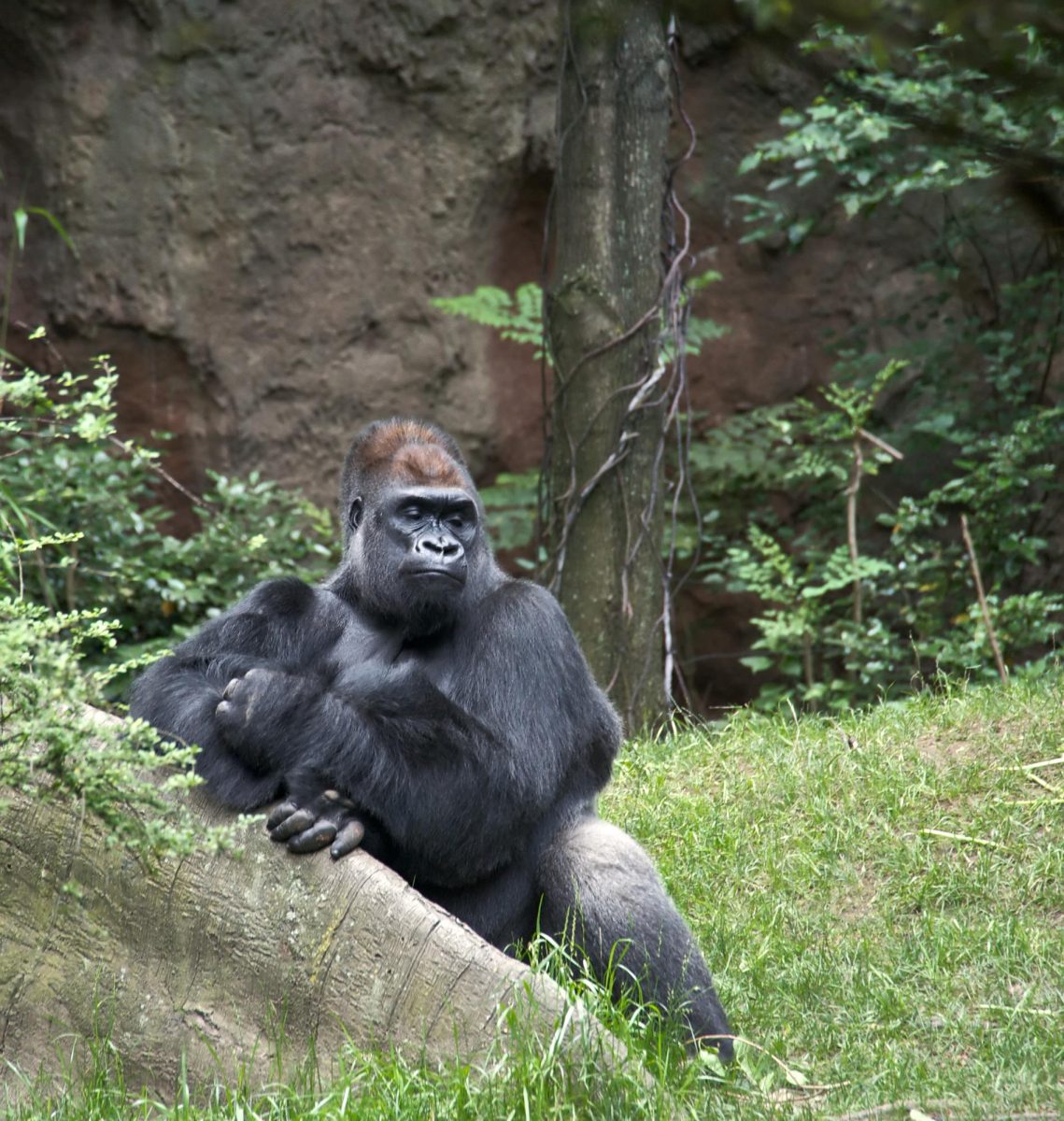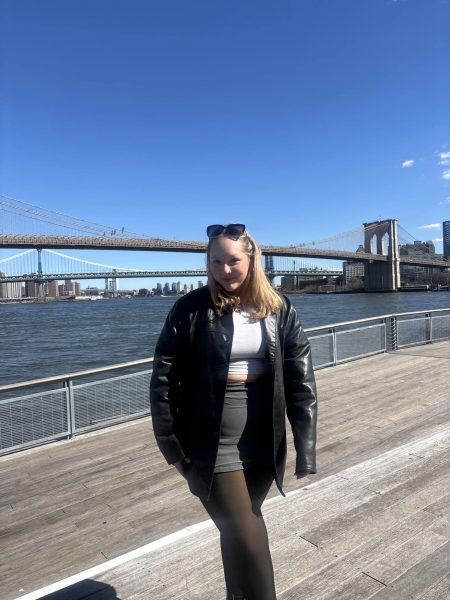A parasocial relationship is a one-sided relationship between a person and a public figure unaware of that person’s existence. The person initiating the relationship may put energy, time and focus into this one-sided connection. This may raise issues with the individual fostering the connection and the public figure.
With the rise of social media, many examples of parasocial relationships have emerged, ranging from unsettling comments on celebrity posts to strange fan accounts. These relationships can manifest in various ways and are not always as overt as stalking, which is often the first thing that comes to mind when people hear the term “parasocial relationship.”
With media being so extensive and accessible, it has become easy to follow the lives of celebrities. Countless TikToks, Instagram posts or entertainment articles about celebrity sightings and rumors are available with a simple search. On your TikTok For You Page, you can find videos of Taylor Swift sightings in New York or pictures of Harry Styles meeting fans in London. I don’t do anything with this information, but I have seen videos where fans will keep up to date with all the happenings in a public figure’s life, even going to their recent locations.
Another example is concerts– some people spend their time and money following a musician around on tours, buying tickets and being in the front row at seemingly every performance. Others often see these people as stalker-like. While they may feel as though seeing an artist perform every night establishes a relationship with them, this is not truly the case. This is one example of a parasocial relationship, but it can also happen from afar.
Many lifestyle influencers maintain a casual vibe on their platform–Alix Earle, for example, has gained a large following in the past year or so due to her relatability. Comments on these types of conversational or “get ready with me” videos will often say, “I feel like we’re on FaceTime” or “It’s like I’m actually friends with you.” Watching and relating to an influencer is not a bad thing at all–it helps the influencer’s following and allows viewers to be entertained. The problem is when a fan is obsessive, and this “friendship” becomes natural to them.
An article from Psychology Today mentions that parasocial relationships are harmless until they become consuming for a person. Problems in one’s real-life relationships due to parasocial ones can stunt emotional growth and satisfaction. There are healthy ways to be a fan, and consuming the media that a public figure creates is not harmful. Still, an unhealthy obsession can become damaging to mental and emotional health if fandom and idolization get confused with reality.
Parasocial relationships can also be upsetting and sometimes even dangerous to celebrities, depending on their boundaries and how comfortable they may be with fan interactions. This was seen recently with Chappell Roan, a pop star whose fun music, funky vibe and elaborate costumes have taken off over the past few months. Roan recently posted on social media, expressing her discomfort with her fans’ behaviors. In a TikTok, Roan asked fans if they would start rumors about someone they don’t know or go up to a stranger and ask for a picture with them, comparing it to her experiences with fans. Also, mentioning that she and her family are being stalked and touched by obsessive fans, she acknowledged that this behavior is to be expected by celebrities but asked that people respect her boundaries.
“Please do not assume you know a lot about someone’s life, personality and boundaries because you are familiar with them or their work online… I embrace the success of the project, the love I feel and the gratitude I have. What I do not accept are creepy people, being touched and being followed,” Roan said in her Aug. 23 Instagram post.
Roan got a lot of hate from this message, being told that she was ungrateful and rude to her fans, which is unfair. Public figures are human beings and should be able to set their own boundaries despite having a public persona. Just because people they do not know feel a connection to celebrities does not mean that they should have to cater to their fans.
As media consumers and fans, we must understand that we do not personally know the public figures we may idolize or dislike. They are human, just like us, and we have no idea what happens in their lives. Living a life of fame comes with benefits and responsibilities, but public figures do not owe us anything– they are people too.

